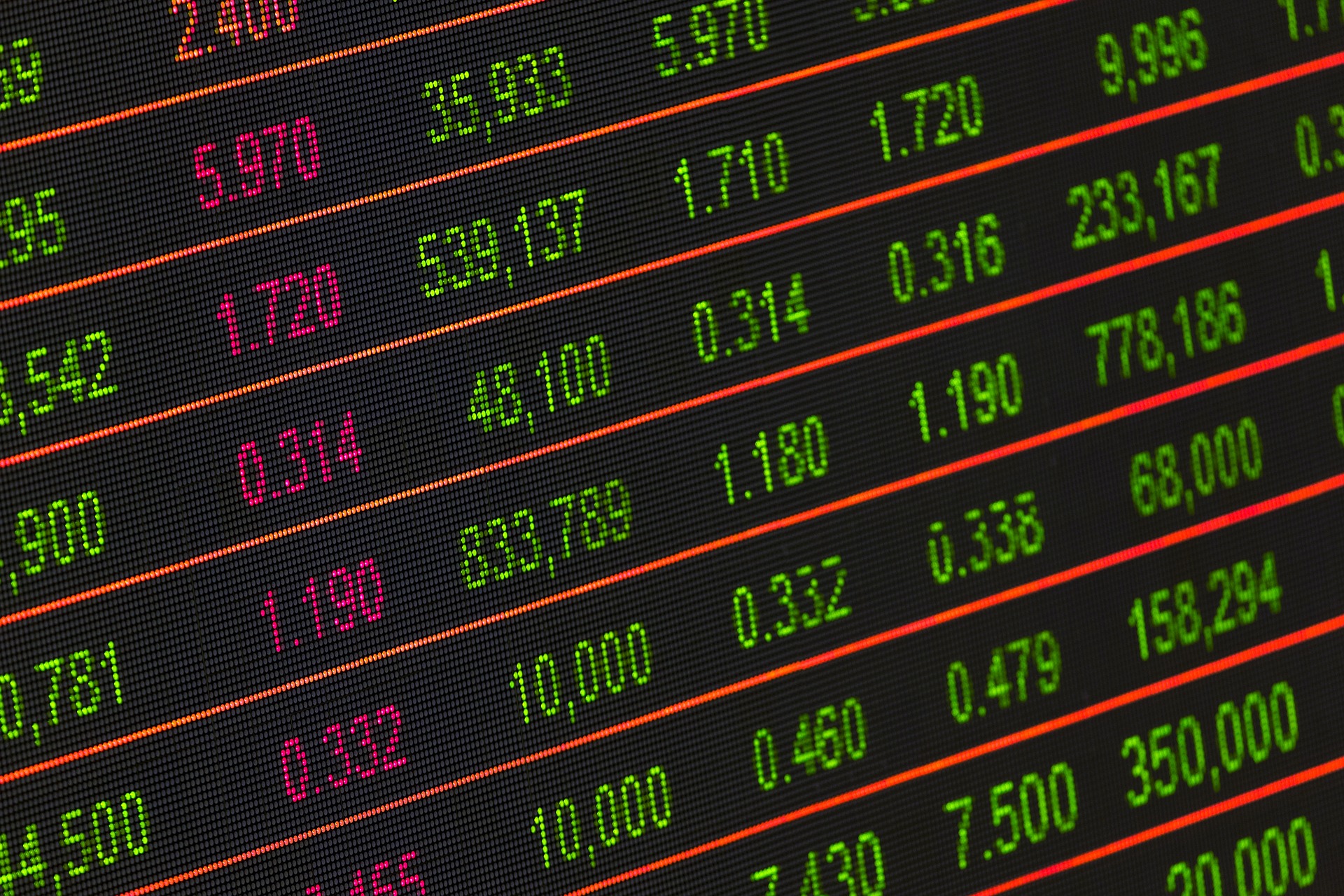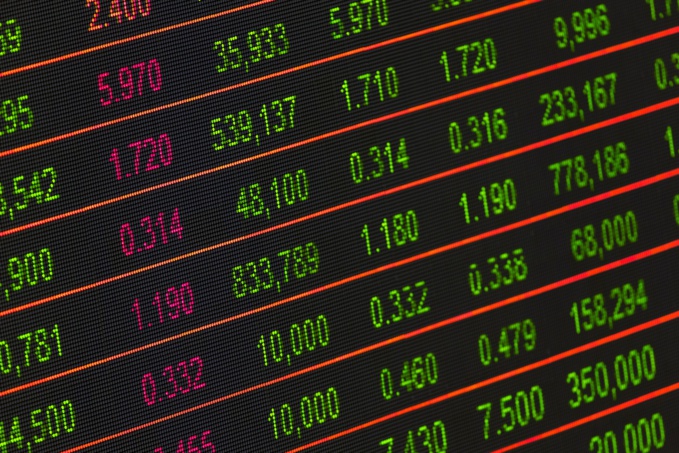The growth rate of the world economy may remain high, but now there is a threat of a new risk, the July update of the IMF global macro forecast says. The fund still expects an increase in world GDP by 3.9% in 2017-2018, but points out that because of trade disparities, the economic recovery that began two years ago "reached a plateau" and became less balanced.
The situation in the economy remains relatively favorable in developed countries, but the growth rate will be lower than expected.
Forecasts for Germany, France and Italy were revised in the downward direction (minus 0.2% in the entire euro area in 2018 and minus 0.1% in 2019, to 2.2% and 1.9% respectively). Also, the revision touched Japan and the UK (minus 0.2% for this year in both cases, to 1% and 1.4% respectively). The forecast for the US is still the same (2.9% in 2018 and 2.7% in 2019), as GDP growth remains above potential and employment continues to increase against the background of tax reform and growing government spending. Such a state of the economy will support the Fed’s course on raising rates, the fund expects.
Among the developing countries, the growth rate was revised for Brazil (minus 0.5%, to 1.8% in 2018) and Mexico (minus 0.3%, to 2.7% in 2019), while the fund is still waiting for China to grow to 6.6% in 2018 and 6.4% in the next year. In general, the outlook for the developing markets was not changed.
The financial conditions for emerging markets have already worsened (the real effective US dollar exchange rate has strengthened by 5% since February), but investors have differently assessed the risk level of various borrowers (Argentina, Turkey, Brazil and South Africa had the greatest weakening). However, if the rates accelerate in the USA once again, the outflow of funds may become more extensive, in particular, because while market participants are oriented on the slow tightening of the regulator's policy, the IMF warns.
However, the main risk is still considered to be the complication of terms of trade agreements. The forecast for the volume of world exports has been reduced by 0.3% for this and 0.2% for the following year (to 4.8% and 4.5% against 5.1% % in 2017 and 2.2% in 2016). All decline will occur in developed markets; deliveries from developing markets year will grow even more in 2018 (by 5.7% against 5.5% in 2017). The divergences in the balance of payments will expand, and if all trade threats are realized, a fall in business activity will lead to a 0.5% decrease in global GDP from the level that could be by 2020, the IMF warns. Already announced measures, however, will have only a small negative effect, since they affect an insignificant part of global trade, while the increase in demand in the US will lead to an increase in imports.
source: imf.org
The situation in the economy remains relatively favorable in developed countries, but the growth rate will be lower than expected.
Forecasts for Germany, France and Italy were revised in the downward direction (minus 0.2% in the entire euro area in 2018 and minus 0.1% in 2019, to 2.2% and 1.9% respectively). Also, the revision touched Japan and the UK (minus 0.2% for this year in both cases, to 1% and 1.4% respectively). The forecast for the US is still the same (2.9% in 2018 and 2.7% in 2019), as GDP growth remains above potential and employment continues to increase against the background of tax reform and growing government spending. Such a state of the economy will support the Fed’s course on raising rates, the fund expects.
Among the developing countries, the growth rate was revised for Brazil (minus 0.5%, to 1.8% in 2018) and Mexico (minus 0.3%, to 2.7% in 2019), while the fund is still waiting for China to grow to 6.6% in 2018 and 6.4% in the next year. In general, the outlook for the developing markets was not changed.
The financial conditions for emerging markets have already worsened (the real effective US dollar exchange rate has strengthened by 5% since February), but investors have differently assessed the risk level of various borrowers (Argentina, Turkey, Brazil and South Africa had the greatest weakening). However, if the rates accelerate in the USA once again, the outflow of funds may become more extensive, in particular, because while market participants are oriented on the slow tightening of the regulator's policy, the IMF warns.
However, the main risk is still considered to be the complication of terms of trade agreements. The forecast for the volume of world exports has been reduced by 0.3% for this and 0.2% for the following year (to 4.8% and 4.5% against 5.1% % in 2017 and 2.2% in 2016). All decline will occur in developed markets; deliveries from developing markets year will grow even more in 2018 (by 5.7% against 5.5% in 2017). The divergences in the balance of payments will expand, and if all trade threats are realized, a fall in business activity will lead to a 0.5% decrease in global GDP from the level that could be by 2020, the IMF warns. Already announced measures, however, will have only a small negative effect, since they affect an insignificant part of global trade, while the increase in demand in the US will lead to an increase in imports.
source: imf.org



















